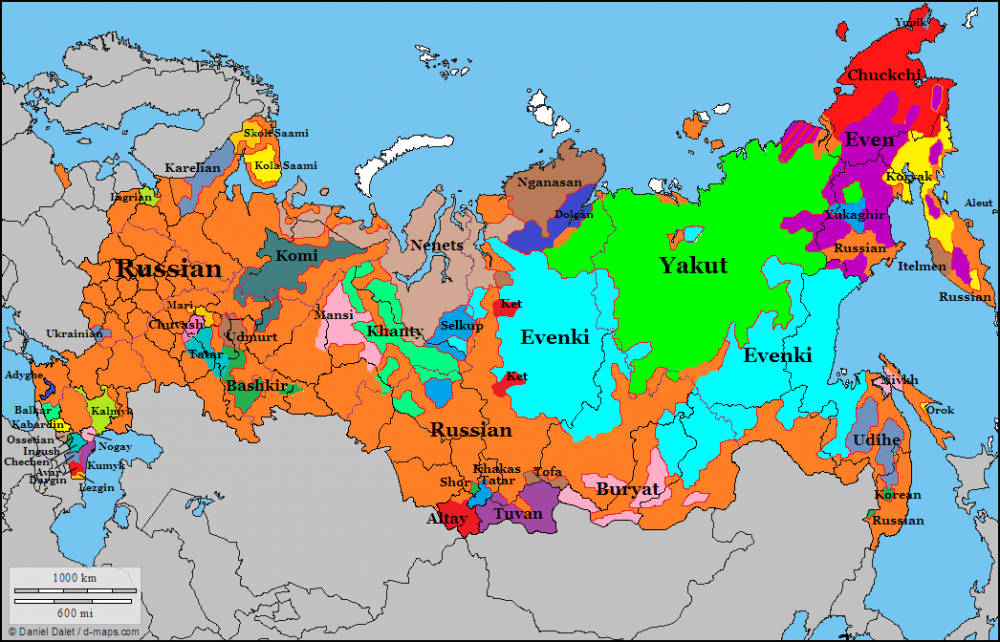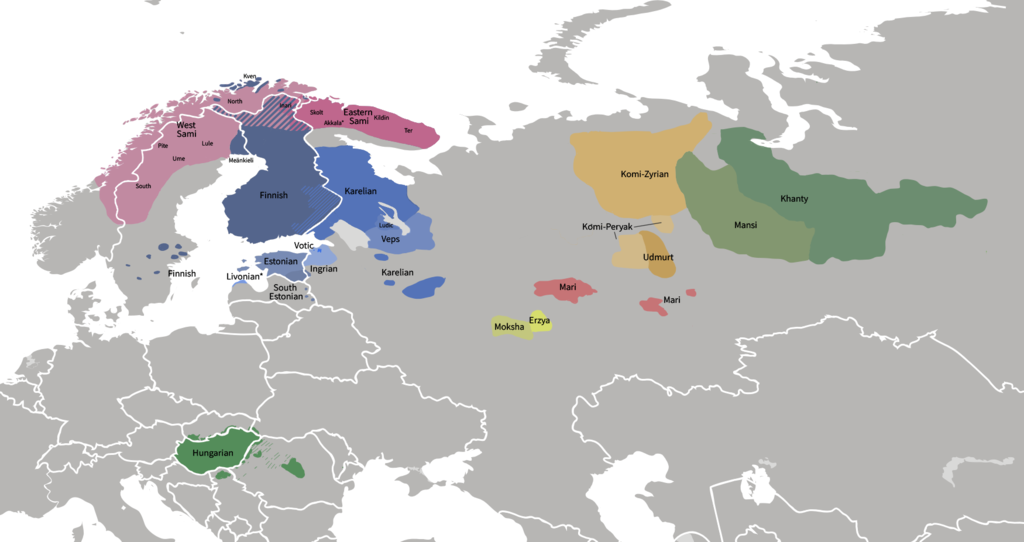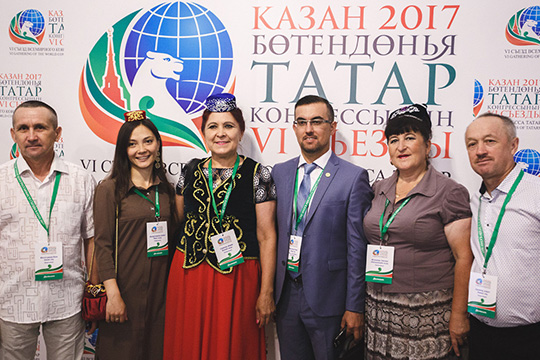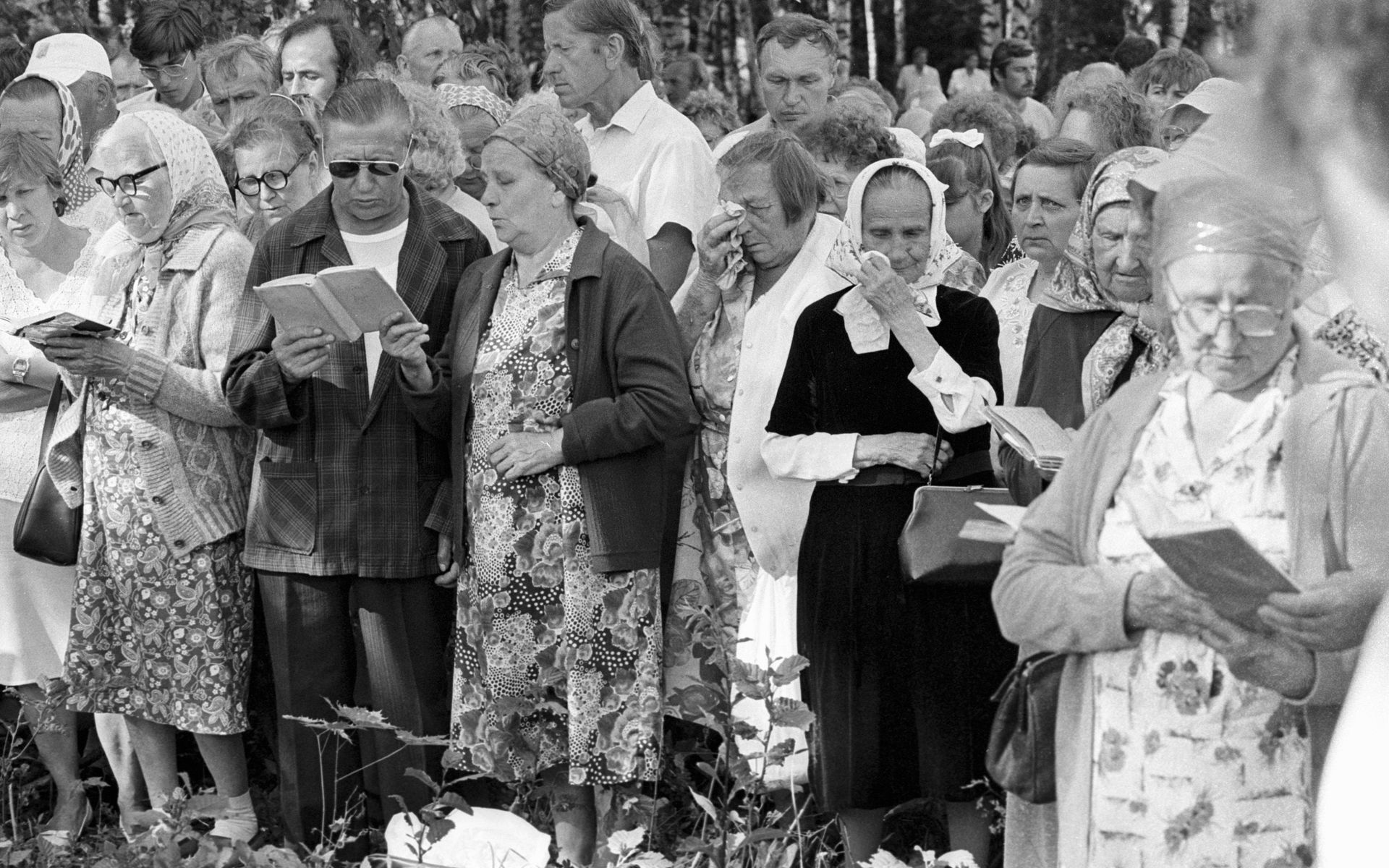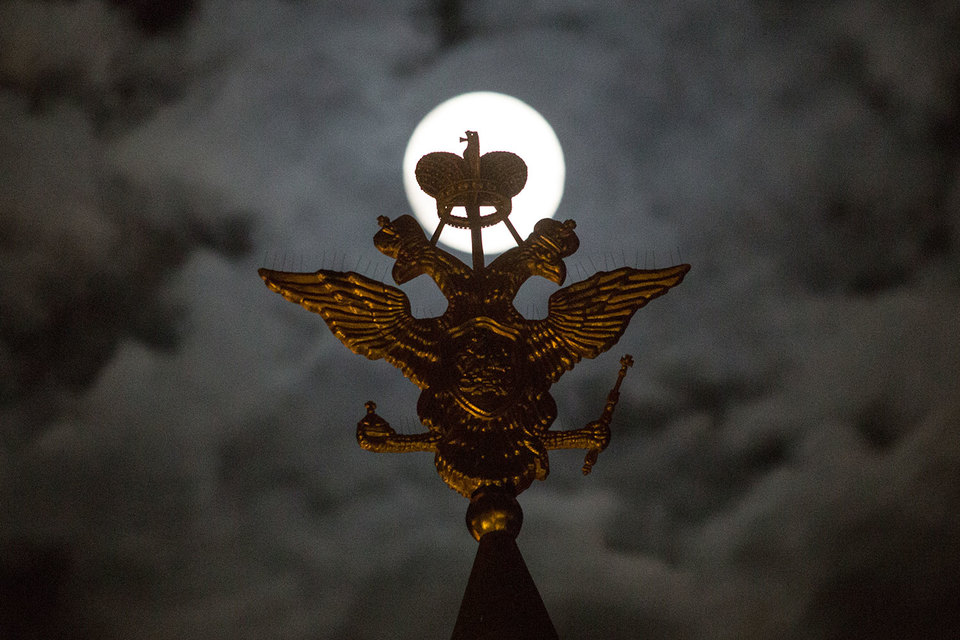A recently held roundtable on the census in the Tatarstan capital that attracted experts from across the Russian Federation featured three such observations that have implications far broader than just for that Middle Volga Turkic Muslim republic.
. Younger writers, he says, to make a go of it financially, are compelled to write in Russian.
As a result, the average age of non-Russian writers using non-Russian languages is 50 or “even 60.” That means there is no successor generation coming along and that with time, the non-Russian literatures will suffer and even disappear and in so doing contribute to the disappearance of these nations as well.
and doesn’t leave much room for the state to compensate.
Because the Tatars still have a republic, their officials can compensate for that impact to a degree; but nations without such official hierarchies or with hierarchies filled with Russians or others who do not care about the fate of the non-Russians do little or nothing to compensate for capitalism and thus allow the market to do the heavy lifting in the destruction of nations.
Read also:
- Moscow demonized Ukrainians exploiting ethnic discord it promoted in Russia, activist from Kamchatka says
- Russia’s Erzya national movement recognizes Holodomor as genocide of Ukrainians
- National minorities of Russia call to decolonize, denuclearize “imperial, terrorist” Russian state
- “Russian” combat losses in Ukraine appear to be disproportionately non-Russians or ethnic Russians from rural areas
- National minorities of Russian Federation discuss its deimperialization in Prague
- League of Free Nations: Indigenous activists from Russia to fight for independence from Moscow
- Moscow splitting Finno-Ugric languages to promote assimilation to Russian, Mari linguist says
- Non-Russian nations of Russia to defend themselves from Putin because their elites won’t (2017)

